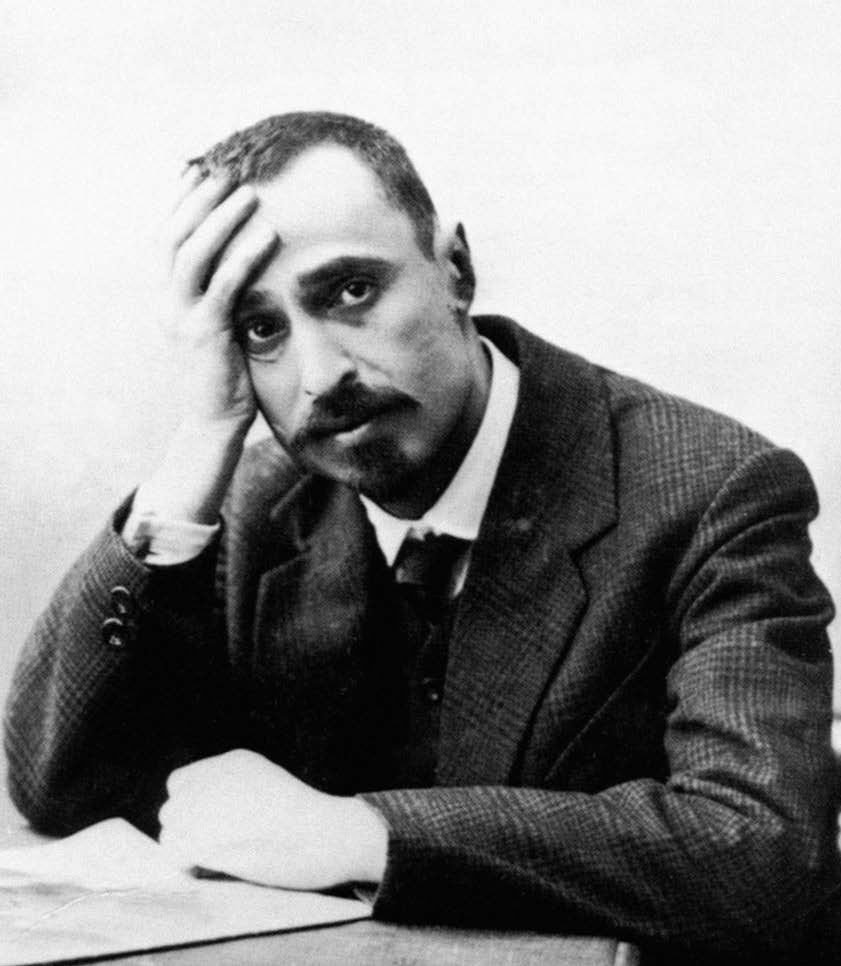Tsereteli Irakli

Tsereteli Irakli ( 1882–1959), Politician, Social-Democrat, one of the leaders of Georgian and Russian Menshevism. He was born in Kutaisi, Georgia. In 1900 he entered the Law Faculty of Moscow University. In 1902 he was exiled to Siberia for his active participation in students’ political movement.
After returning to Georgia he edited the magazine of Menshevik orientation Kvali. He was the leader Social-Democratic faction at the State Assembly (Duma) of Russia. In June of 1907, after the Duma was dispersed, I. Tsereteli and other members of his faction were condemned to penal servitude. As of 1912 he was allowed to settle down in Siberia. In 1917 he was set free in the wake of February Revolution. In 1917 he returned to Petrograd and filled the position of a leader in the Menshevik Party and the Executive Committee of Petrograd. In 1917 he was the leader of the centrist group in the Council of Deputies of Petrograd workers and soldiers. He was the Minister of Post and Telegraph (May-July of 1917) and Minister of Internal Affairs in the Provisional Government of Russia. Prior to the October Revolution he returned to Georgia. He was the member of the Constituent Assembly of Georgia and one of the outstanding leaders of Georgian Mensheviks. After the annexation of Georgia in 1921 he lived in immigration. First he resided in France, where he graduated from the Sorbonne University. From 1940 he lived in the USA. On the request of Columbia and Harvard Universities, he continued writing the 2nd volume of his composition Reminiscences of February Revolution, which he began in 1920s. However, he could not complete it (in 1963 the book was published in Russian in Paris). I. Tsereteli was the representative of Georgian Social-Democrats at the International Socialist Bureau.
According to his last will, Irakli Tsereteli’s body was cremated and in 1973 was buried at Leuville Cemetery near Paris.


